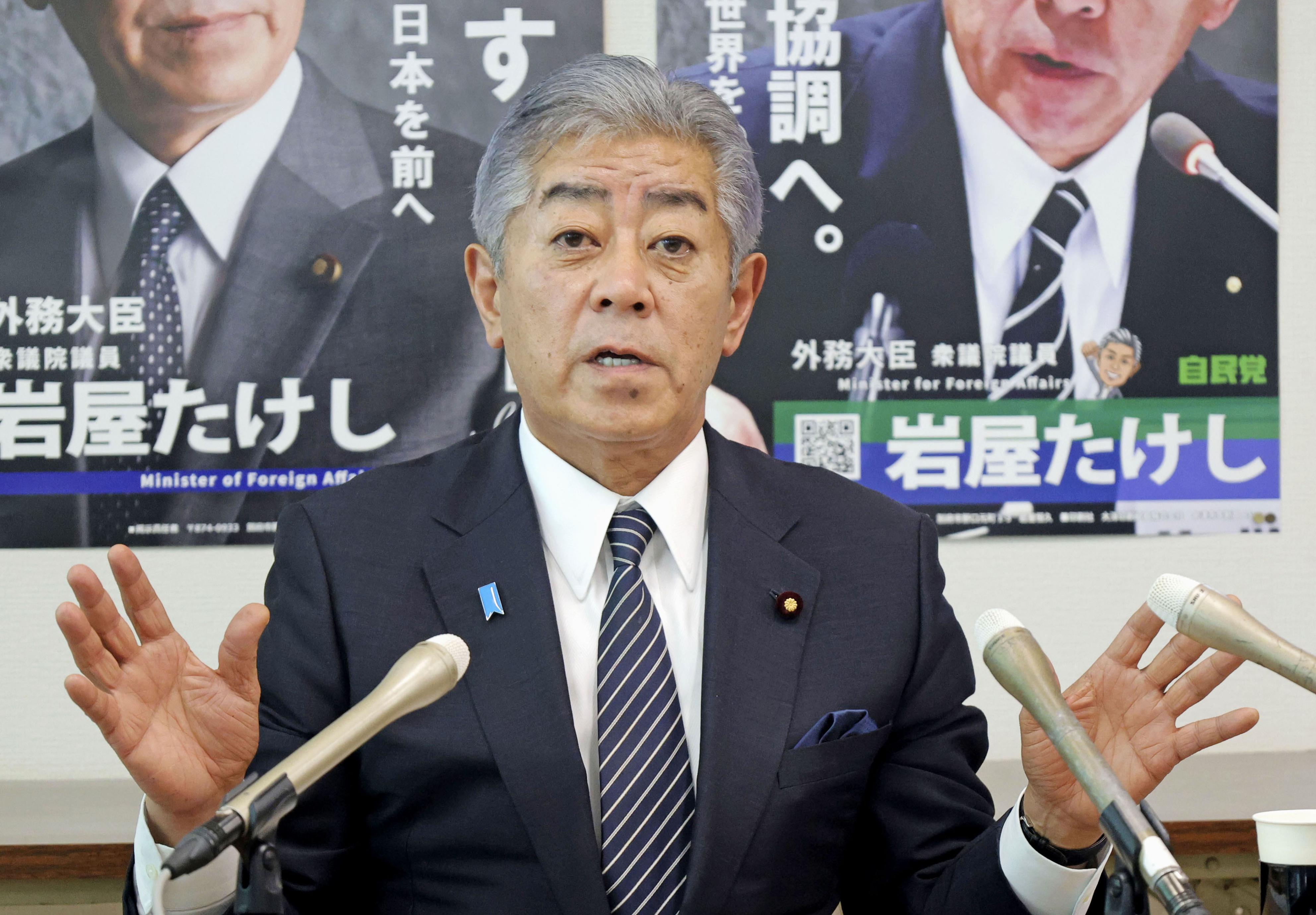In a recent statement, Japan's Foreign Minister, Iwaya, announced that he will not be serving as an endorsement for any political aspirants. This decision, made public during a press briefing, has triggered numerous speculations and debates in Japan's political landscape. Iwaya's reasons and implications of the decision are as yet unclear.
The refusal of endorsement by a high-ranking politician like Foreign Minister Iwaya is quite significant in Japan as it is traditionally seen as a sign of respect and political alliance. An endorsement could significantly sway public opinion since it gives the endorsee a certain level of credibility and acceptance in political circles. The minister's decision has become a topic of discussion among politicians and the public.
In the US or EU, endorsements by high-ranking politicians can significantly impact a candidate's campaign as they contribute to shaping the public's opinion on the endorsed candidates. However, refusal to endorse is not as uncommon and such decisions are typically seen as a personal choice or a strategic political move rather than a disrespectful action.

